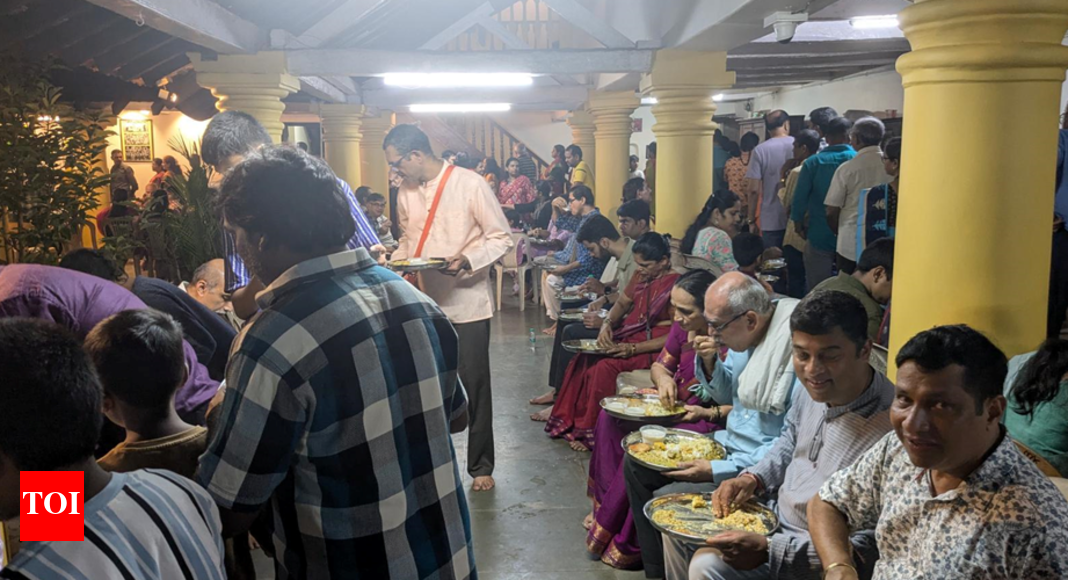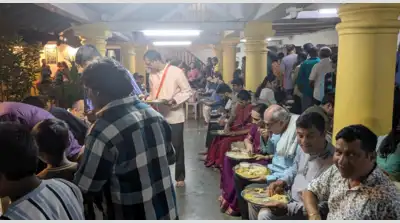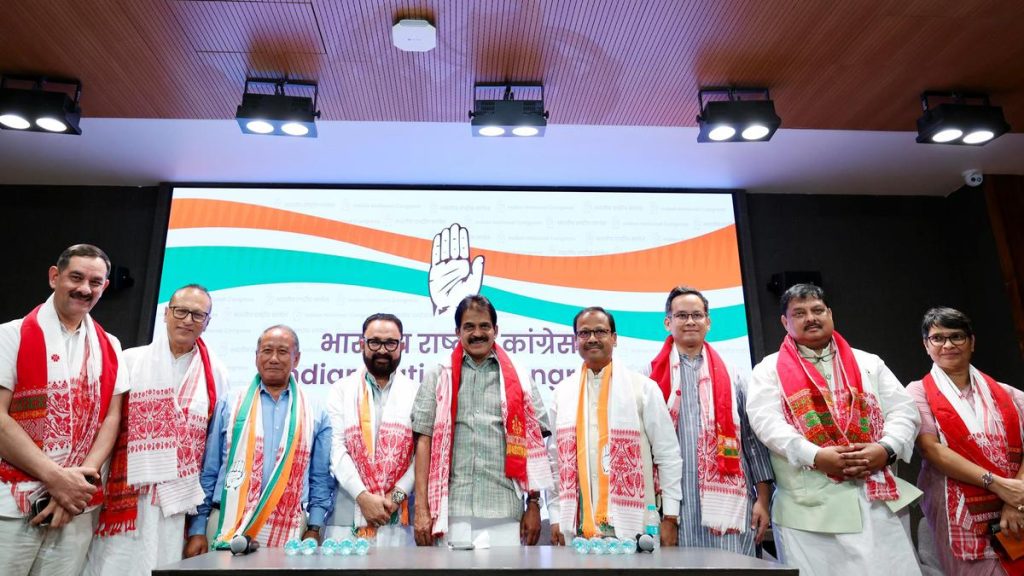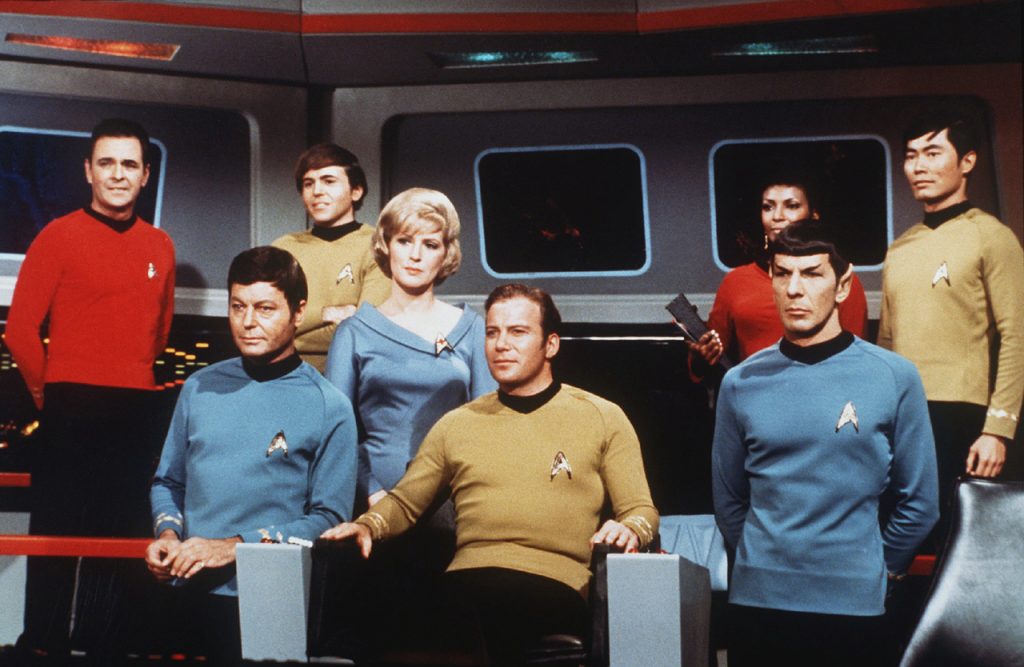Now Reading: Two Families Unite for Century-Old Anant Chaturdashi Feast Tradition
-
01
Two Families Unite for Century-Old Anant Chaturdashi Feast Tradition
Two Families Unite for Century-Old Anant Chaturdashi Feast Tradition

Quick Summary
- Location: panaji, Goa.
- Event: Anant Chaturdashi marks the day of bidding farewell to Lord Ganesha after 11 days of festivities.
- Families Involved and Traditions:
– The Mhamai Kamat family has hosted a community meal (mahaprasad) for over a century in their 350-year-old ancestral home. Preparations begin at 6 am, wiht large-scale cooking by cooks brought from Karnataka (Saraswat community). The feast follows the mahaaarti and lasts from 7 pm till midnight. Women perform an overnight kirtan.- The Mahale family observes the ‘Madananta Vrat’, an annual fast that originated about a century ago after interacting with a saint. Their mahaprasad includes offerings of coconuts and fruits for Lord Anant, featuring vegetarian dishes served in steel plates after an afternoon aarti. Couples seeking blessings for children are among its visitors.
Indian Opinion Analysis
The enduring traditions upheld by the Mhamai Kamats and Mahale families reflect deep cultural roots within Goa’s social fabric during Anant Chaturdashi celebrations. These rituals shed light on how heritage homes and faith practices have sustained communal harmony across generations. Hosting large-scale feasts accessible to all transcends familial boundaries, fostering inclusivity among locals and visitors alike.
Events like these demonstrate how shared devotion can unite diverse communities while preserving local customs tied to spirituality and ancestral legacy. Moreover, this commitment highlights India’s broader value system where religious observances frequently enough double as public welfare acts-emphasizing service beyond personal gain or glorification.



























